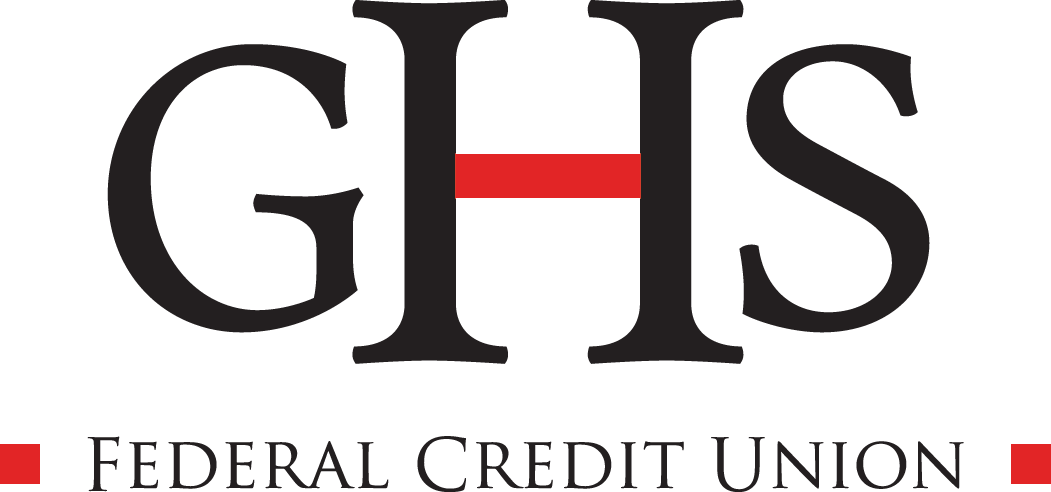What Is Home Equity [The 2023 Guide]
Everyone knows that a house is much more than a home. Fostering families and caring for loved ones, homes incubate the creation of wonderful memories that last a lifetime. However, your property’s most valuable and enduring legacy is not just sentimental, but financial as well.
Arguably one of the largest and most important staples of personal finance, home equity is a vital monetary asset of the contemporary portfolio. Used correctly, the equity you have built into your home has the potential to provide value in many aspects of your life.
What Is Home Equity?
Equity is the value of an item or piece of property after subtracting all liabilities. This includes debt or outstanding balances, especially home mortgages.
Although mortgages are the primary type of debt subtracted from a home’s value, other types should be factored into calculating home equity. The types of debt that are considered liabilities to a home include:
Mortgages
Second Mortgages
Liens
Legal claims
Having positive home equity means that the total mortgage plus other debts are less than the current fair market price of the house.
For example, if you own a $250,000 home with a remaining mortgage of $95,000 and a tax lien of $5,000, you will have $150,000 of equity in the home.
Equity is not something that immediately comes with a purchased home. In fact, it rarely does. Equity may require many years of mortgage payments before becoming useful to the financial life of the homeowner. Home equity is a powerful tool, but one that must be used carefully and effectively for maximum impact.
How To Calculate Your Home Equity
Calculating your home equity is as simple as using the following mathematical formula:
Current Market Value Of Home - Balance of Mortgage = Home Equity
Your current home market value fluctuates according to numerous financial factors, including inflation, location, square footage, additions or improvements, and even the season. Most homeowners choose to calculate their home’s fair market value by using:
A professional appraiser
An online estimation tool
Real estate agents
Comparable properties through search engines
Understanding the amount of home equity you own will allow you to make informed decisions about the proper use of your funds.
How You Can Use Your Equity
Home equity is a powerful financial force with the ability to appreciate over time.
Once a proper loan-to-value (LTV) rate has been achieved, homeowners may begin leveraging their home equity to their strategic and financial advantage. This includes one of three types of equity sources:
Home Equity Loan
Home Equity Line Of Credit
Cash-Out Refinance
There are many reasons a homeowner may consider taking out any one of these three sources. However, they must be careful to choose the right source, and only when necessary to achieve their financial goals.
What Is A Home Equity Loan?
Homeowners with a certain amount of equity in their home are eligible to apply for a home equity loan.
Home equity loans allow borrowers to take out a certain amount of money against the equity value of the house. Homeowners must meet a certain set of criteria before applying for a home equity loan, needing a minimum amount of income, home equity, credit score, and current home market value.
What Is A HELOC?
A HELOC, or home equity line of credit, is best described as a second mortgage that functions similarly to a credit card. These revolving credit lines use your home as collateral.
What Is A Cash-Out Refinance?
A cash-out refinance is a loan option that allows homeowners to withdraw more than the original amount of their mortgage and pay off the balance, pocketing the remaining cash. Homeowners can borrow 80% or less of their home’s current equity.
Popular Uses Of Home Equity
Home equity loans, HELOCs, and cash refinances are each used for different purposes but will achieve similar results. Home equity should be used for:
Adding value to your home through remodeling or expansion
Consolidating outstanding consumer debts, especially those with high-interest rates like credit cards
Unforeseen emergencies that require a large sum
Paying for college tuition or student debt
Protecting invested funds and portfolios during your retirement years
Making small home improvements that increase equity over time
Home equity should always be used to add value and security to your life. Be wary of spending your home equity on purchases that are not necessarily part of your financial strategy.
Pros And Cons To Home Equity
Most homeowners choose to use their home equity when renovating or improving upon their current residence. In time, these investments will appreciate considerably and add a large amount of equity to the home. Leveraging this kind of debt can be an important part of the wealth-building process for many borrowers.
However, taking out a loan or line of credit against your home can be fairly risky in terms of financial loss, and could result in even greater debt or a home foreclosure. What’s more, the monthly payments for HELOCs and home equity loans may be too high to manage, and can quickly overwhelm those who are not prepared for the task.
Leverage Your Home’s Equity With GHS FCU
Proud to serve our members with the best possible financial opportunities, GHS Federal Credit Union has been helping borrowers just like you secure home equity financing for over 70 years.
All members can experience the quality services and low fees that GHS FCU curates, with dozens of perks for members that include:
Pre-qualification for home equity loans in 24 hours or less
Affordable interest rates
Personal financial assistance and coaching
Take advantage of all your money’s opportunities with the professionals at GHS Federal Credit union today.
